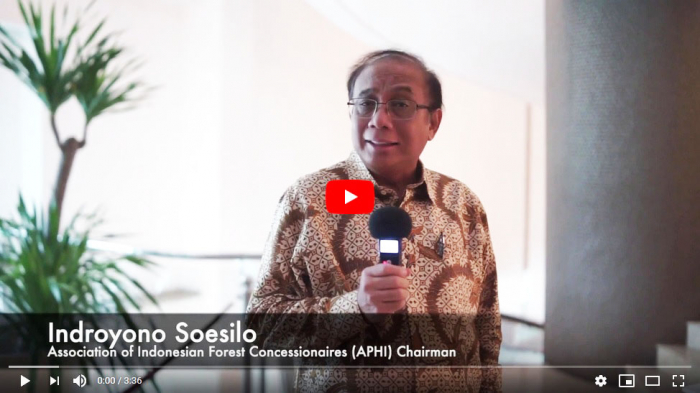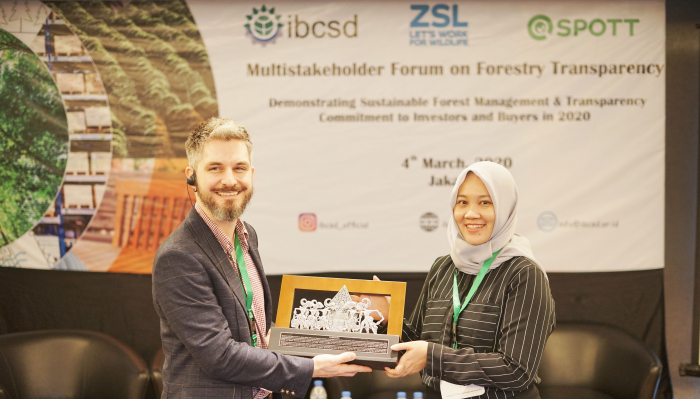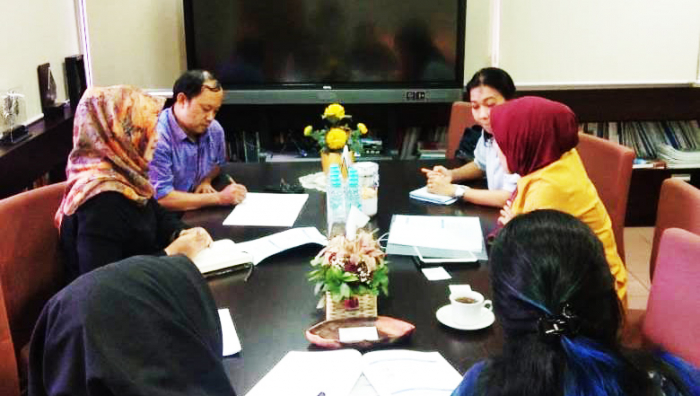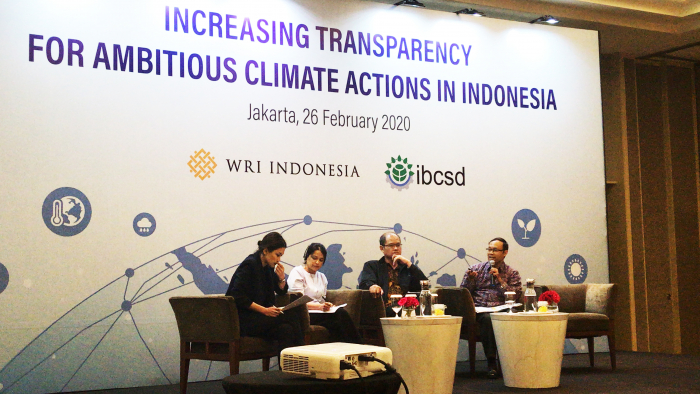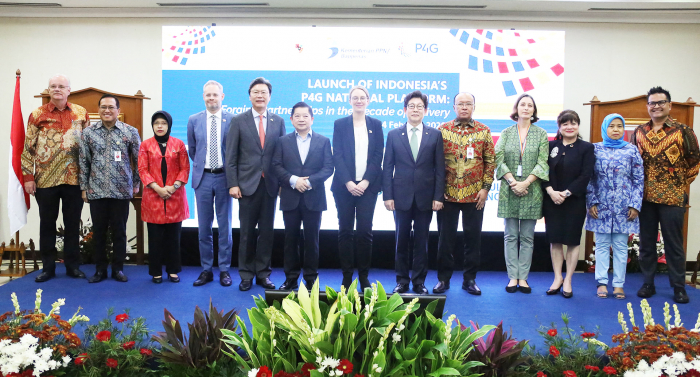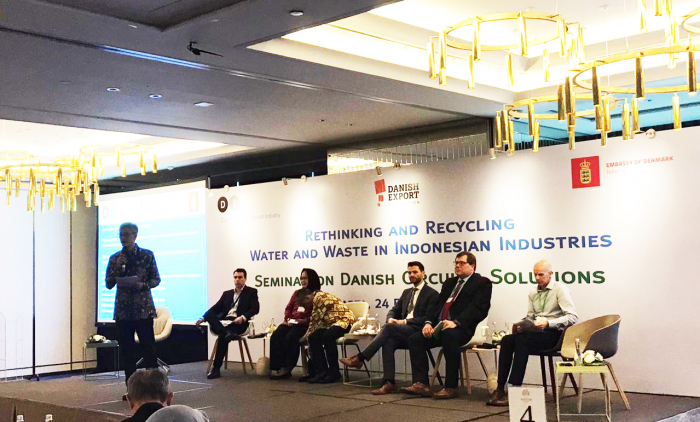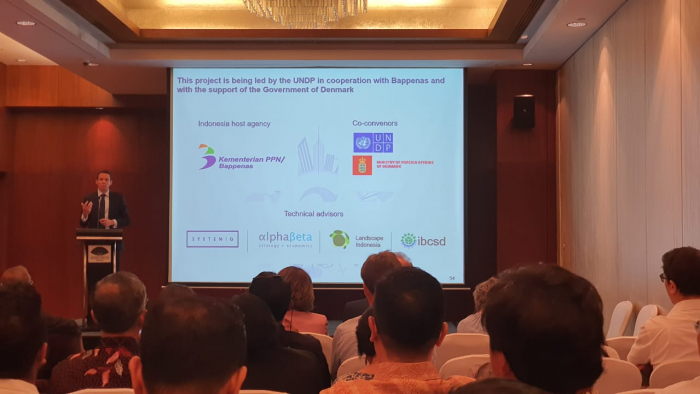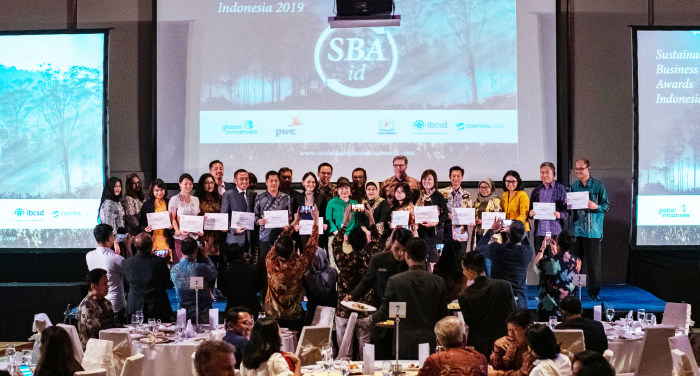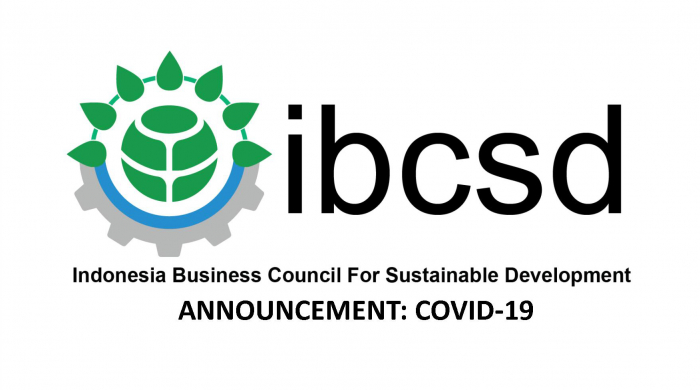
ANNOUNCEMENT: COVID-19
At IBCSD, we believe that the health of staff, members and partners is our priority. Therefore, currently until undetermined time, we also apply a policy of working remotely from home to reduce the risk of transmission of this pandemic. All staff are expected to be able to continue working at home, except when there are urgent matters that cannot be done remotely. We will continue to operate effectively during this time, and you can still contact us at [email protected].
If you have a scheduled meeting with IBCSD in the coming weeks, our staff will contact you to reschedule or arrange a teleconference. We hope that everything that happens right now does not make us panic, but is alert, and continues to hope that everything will return to normal soon. Our best regards to all your colleagues and family at home.
March 17th, 2020.
Indah Budiani, Executive Director
